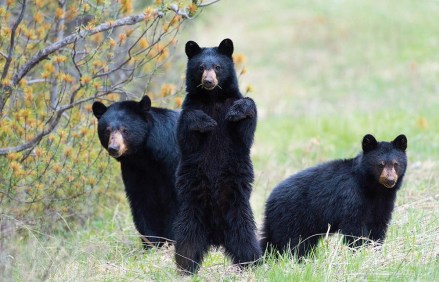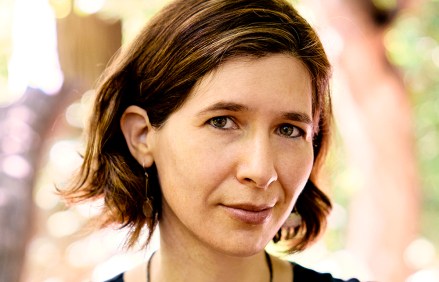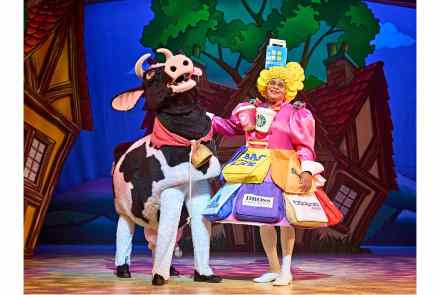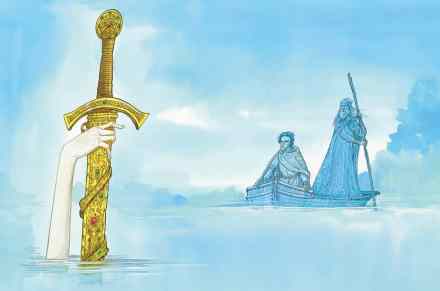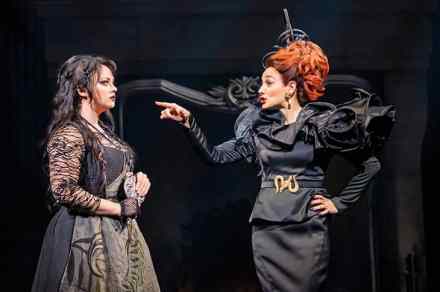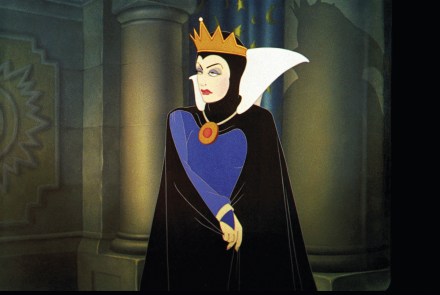Would we welcome bears in Britain again?
In April this year, a jogger in the Italian Alps was mauled to death by a brown bear. This was reported as the first bear killing in Italy in modern times. But it probably won’t be the last. Bears have been reappearing in northern Italy as part of a rewilding project in the last two decades, returning to regions they had been driven from hundreds of years ago. More encounters between bears and humans are inevitable. The poor Sun and Moon bears are preyed on in Asia for their bile, valued in Chinese traditional medicine In Eight Bears, Gloria Dickie explores how we can coexist with the remaining bear species
